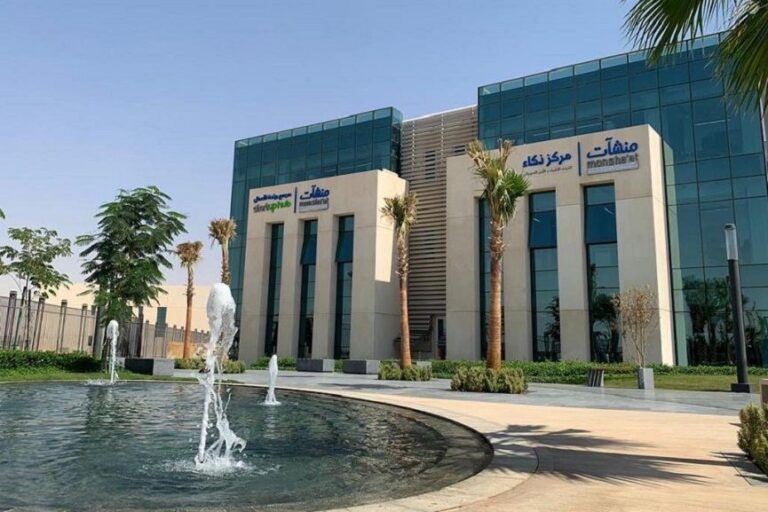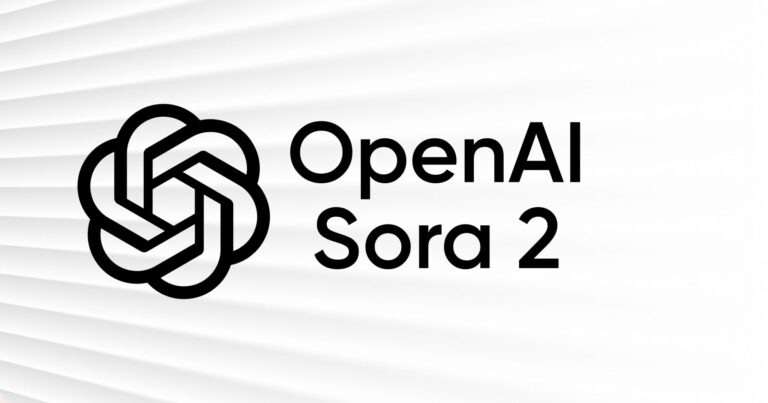How do you move more than 2 million people through one city in a single week — in 45°C heat, across ancient sites, with rituals that have to happen on time? For Saudi Arabia, the answer is: call in the startups.
That’s the idea behind the Hajj Challenge, now entering its third edition. The program, run under the Sustainable Solutions for Pilgrims (SSP) initiative, looks less like a government competition and more like a massive stress test for “Muslim tech” — a term that until recently didn’t exist in the global startup playbook.
It’s easy to dismiss Muslim tech as niche. But pilgrimage is one of the most complex human events on earth. Millions of people, speaking dozens of languages, crisscross through Mecca and Madinah at the same time. Transport, housing, safety, healthcare, accessibility, food, water, waste management — everything has to work at once.
It’s like running the Olympics, except with spiritual stakes. For startups, that’s not niche. That’s an opportunity to test solutions under the hardest conditions possible.
What the First Cohort Tried
The first Hajj Challenge in 2024 was a proof-of-concept. Could innovators even build for something this big? The winners showed they could.
- Morshed (1st place) — pitched a kind of smart digital guide for pilgrims: maps, ritual reminders, and step-by-step orientation in real time. Think of it as your pocket imam-meets-Google Maps.
- IRAMA (2nd place) — focused on logistics, looking at how to make service delivery during Hajj less chaotic and more predictable.
- Muhad (3rd place) — aimed to solve the language barrier, building multilingual communication tools to help pilgrims understand guidance and emergency alerts.
It was scrappy, but it set the stage. Pilgrims didn’t just need infrastructure; they needed software.
The Second Cohort Gets Serious
By 2025, the challenge had matured. With a SAR 500,000 prize pool, teams came in with sharper pitches.
- Pilgrims Flow — built a crowd-routing system to prevent congestion, a literal lifesaver in an event where density can mean danger.
- كفاءة المشاعر (“Efficiency of the Ritual Sites”) — worked on optimizing how resources like restrooms and supplies are distributed.
- iDiagnx — used AI for health diagnostics, spotting dehydration or heat stress before they become medical emergencies.
And on the startup side:
- Sadan Arabia — positioned itself as a one-stop logistics and hospitality service for pilgrims, bundling transport, lodging, and care.
- Ana Al Madinah — focused on Madinah’s unique pilgrim flow, offering city-specific guidance and hospitality tech.
- Tafani — aimed at last-mile transport, helping pilgrims get from A to B in environments where buses and trains don’t always reach.
These weren’t just ideas; they were business models.
Now the Hajj Challenge is back for its third run, with registration open until October 13, 2025. The format is the same — an ideas track for scrappy concepts, a startup track for companies ready to scale — but the stakes are higher. Winners don’t just get prize money; they get mentoring, incubation, and the chance to showcase directly to Saudi authorities at the Hajj Conference in Jeddah.
Saudi Arabia has already poured billions into hard infrastructure for Mecca and Madinah. But the last-mile pain points — the elderly pilgrim who collapses from heat stroke, the family who gets lost in the crowd, the bottleneck at the Jamarat Bridge — can’t be solved with concrete alone.
That’s where startups like iDiagnx or Pilgrims Flow come in. Their solutions don’t just add convenience; they save lives, reduce anxiety, and make the sacred journey more inclusive. And the kicker? These tools can scale. Crowd AI tested at the Kaaba can be deployed at music festivals. A heat-stress wearable built for pilgrims can double as a global wellness product. A logistics app designed for Hajj could serve city governments worldwide.
The Hajj Challenge might sound like a Saudi side project, but it’s quietly shaping a new category. Muslim tech isn’t just prayer apps or halal marketplaces. It’s AI-driven crowd safety, inclusive accessibility, and city-scale logistics innovation.
The alumni list is still young. No breakout unicorn yet. But the trendlines are there: if edition three produces startups that actually get deployed at Hajj 2026, Muslim tech won’t just be a curiosity — it’ll be a vertical investors have to take seriously.




How Saudi’s Hajj Challenge is turning pilgrimage into a Startup Sandbox